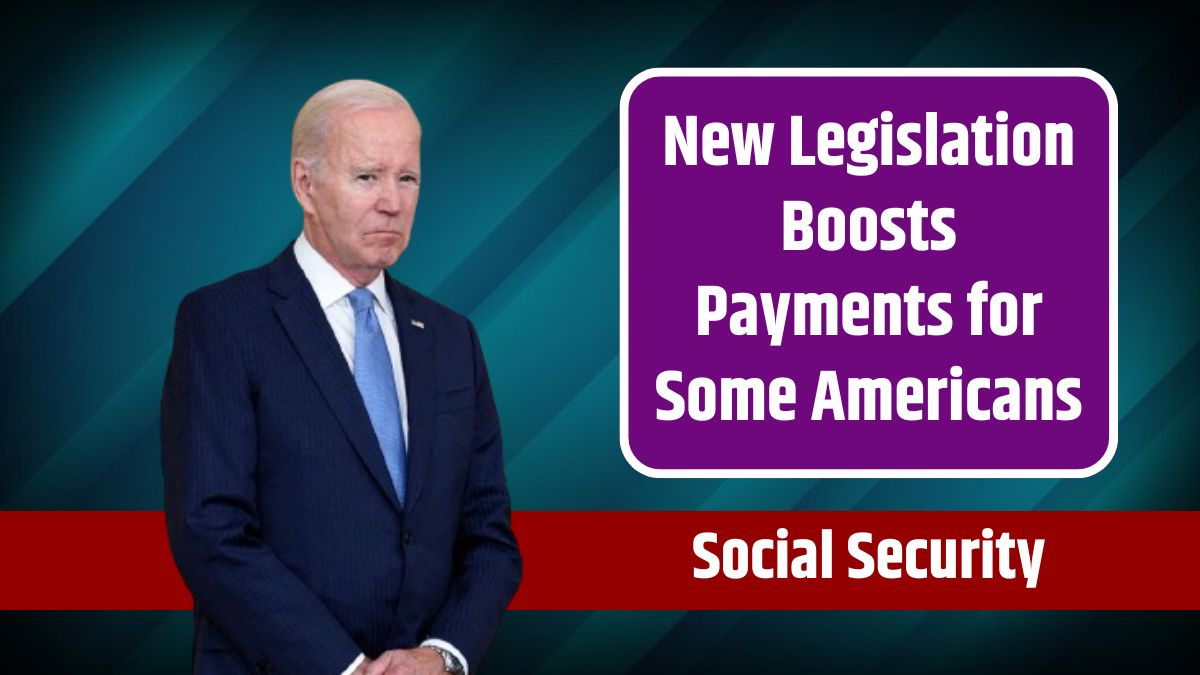A new bill, currently under consideration by Congress, could increase Social Security benefits for millions of Americans if passed. Representatives Abigail Spanberger (D-VA) and Garret Graves (R-LA) are leading the effort to bring the Social Security Fairness Act to a vote, aiming to eliminate two provisions—the Windfall Elimination Provision (WEP) and the Government Pension Offset (GPO)—that reduce benefits for public employees. If successful, this bill could be a significant win for teachers, police officers, firefighters, and other public servants who have faced penalties on their Social Security benefits.
Contents
- 1 Purpose
- 2 WEP
- 3 The GPO’s Impact
- 4 Why It Matters
- 5 Potential Benefits
- 6 Road Ahead
- 6.1 Social Security Maximum Benefit for Full Retirement Age Workers – Changes Following the 2025 COLA Increase
- 6.2 FAQs
- 6.3 What is the Windfall Elimination Provision (WEP)?
- 6.4 How does the Government Pension Offset (GPO) work?
- 6.5 Who supports the Social Security Fairness Act?
- 6.6 Who is most affected by WEP and GPO?
- 6.7 How many signatures are needed to bring the bill to a vote?
Purpose
The Social Security Fairness Act seeks to restore benefits for Americans who worked in jobs not covered by Social Security. These workers often receive pensions from state or local government jobs that didn’t require them to pay Social Security taxes. Unfortunately, many public servants have found their Social Security benefits reduced or even eliminated because of the WEP and GPO. This bill would remove these provisions and restore fair treatment for those affected.
Representatives Spanberger and Graves have gathered bipartisan support, with 325 cosponsors for the bill. However, the bill still needs 218 signatures to be brought to a vote on the House floor.
WEP
The Windfall Elimination Provision (WEP) reduces the Social Security benefits of those who receive a pension from a job not covered by Social Security. For example, if a teacher works a second job that qualifies them for Social Security, the WEP may reduce the benefits they would normally receive because of their public pension.
This provision impacts around 2 million Americans, primarily teachers, police officers, and firefighters who have split careers between jobs that pay into Social Security and public service jobs that do not.
The GPO’s Impact
Similarly, the Government Pension Offset (GPO) affects spousal and survivor benefits for individuals who worked in government jobs not covered by Social Security. The GPO reduces Social Security spousal benefits by two-thirds of the individual’s government pension, often significantly lowering or even eliminating the spousal benefit.
This rule disproportionately impacts women—83% of those penalized by the GPO are women, many of whom worked as homemakers for part of their careers. The GPO affects about 735,000 Americans, primarily in states like California, Louisiana, Texas, and Ohio.
Why It Matters
These provisions have been a source of financial hardship for public servants for decades. Police officers, teachers, and firefighters are particularly affected, as many of their careers are spent in jobs that don’t contribute to Social Security. This means that even if they worked other jobs and paid into Social Security, their benefits are reduced due to the WEP and GPO.
By eliminating these provisions, the Social Security Fairness Act would restore full benefits to those who have dedicated their careers to serving the public. This is not just about fairness—it’s about ensuring financial security for people who have devoted their lives to serving others.
Potential Benefits
If the bill passes, the Social Security Fairness Act would:
- Remove the WEP: Ending the Windfall Elimination Provision would allow public servants to receive full Social Security benefits for any work they did in jobs that paid into the system.
- Eliminate the GPO: By removing the Government Pension Offset, spouses and surviving spouses of public servants could receive their full Social Security spousal or survivor benefits, regardless of their government pensions.
- Provide Financial Relief: This reform would directly benefit millions of retired public employees, many of whom struggle with reduced Social Security checks due to these provisions.
- Promote Fairness: The act would address a long-standing inequity by ensuring that public employees are treated like any other workers who have paid into Social Security.
Road Ahead
Despite having strong bipartisan support, the Social Security Fairness Act faces challenges before it can become law. While Representatives Spanberger and Graves have worked to build momentum, getting the necessary 218 signatures to bring the bill to a vote remains the primary goal. They continue to push for this reform, citing the injustice faced by public employees who have been unfairly penalized for decades.
If passed, the Social Security Fairness Act would mark a monumental change for millions of Americans, especially those in public service. It offers a chance to restore fairness and ensure that everyone, regardless of their profession, receives the benefits they’ve earned.
FAQs
What is the Windfall Elimination Provision (WEP)?
WEP reduces Social Security benefits for public employees with non-SSA pensions.
How does the Government Pension Offset (GPO) work?
GPO cuts spousal benefits for government workers with a non-Social Security pension.
Who supports the Social Security Fairness Act?
The bill has bipartisan support, with 325 cosponsors in Congress.
Who is most affected by WEP and GPO?
Public servants like teachers, firefighters, and police officers are most impacted.
How many signatures are needed to bring the bill to a vote?
The bill requires 218 signatures to reach the House floor for a vote.













